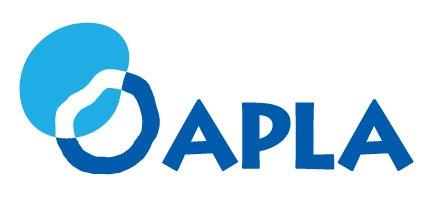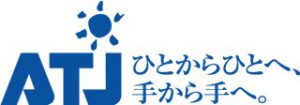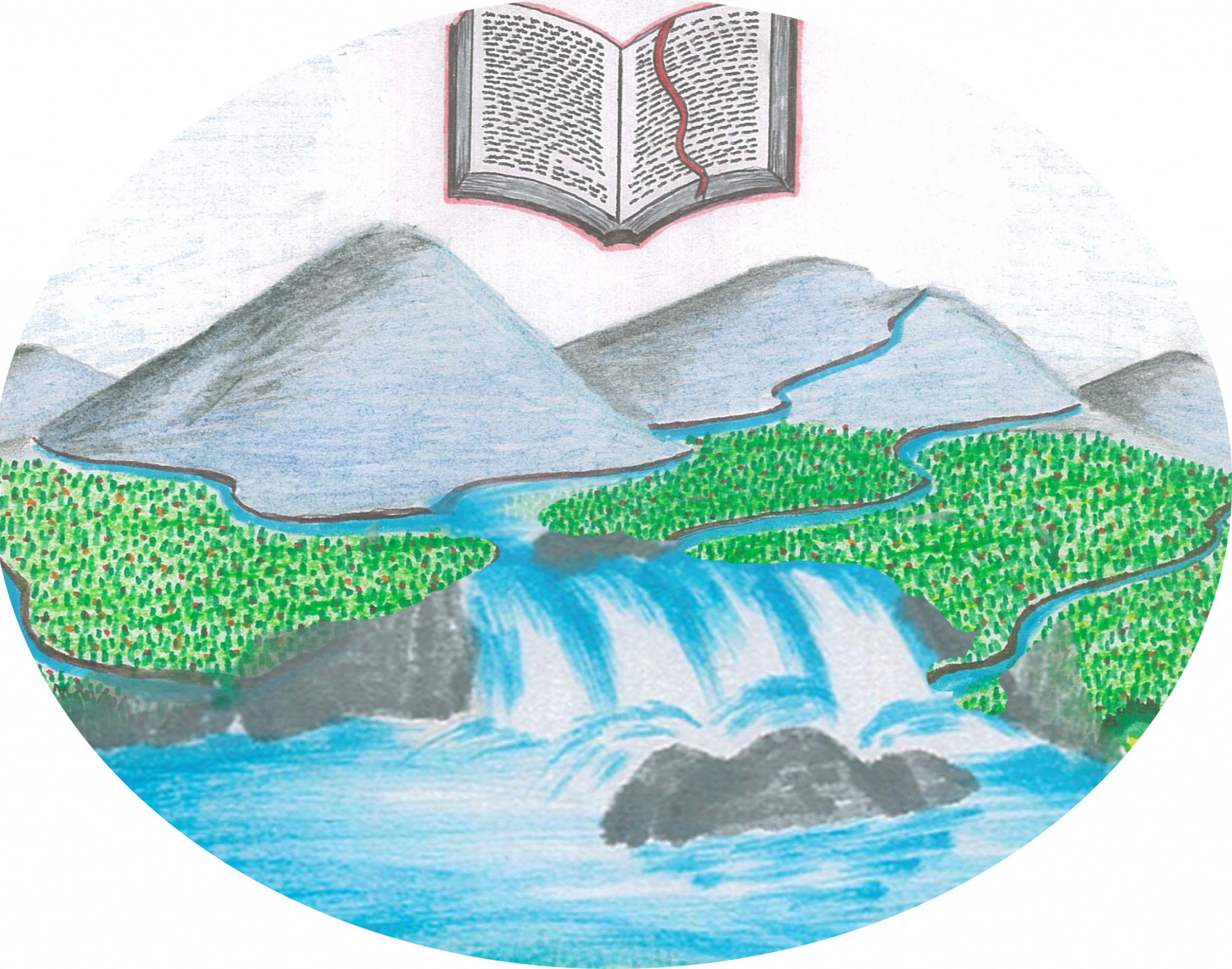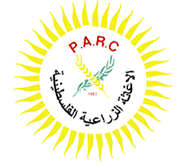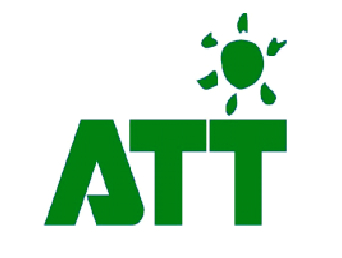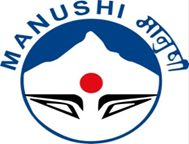What is APF (Asian People’s Fund for Mutual Benefit)?
APF is a new framework of solidarity and exchange between people in the South and the North.
Citizens in the North donate to the Fund and the Fund lends money at low interest to groups and communities in need of funds to realize economic self-reliance in the South.
At the same time, the Fund plays a role as a mechanism to share experience and knowledge of people around Asia.
Keeping the words “Reciprocity to the Forefront, Exchange as Daily Life, Prepare for Redistribution in mind, people and citizens, communities and communities, the North and South pursue their own self-reliance. It is APF.
How APF was born?
In 1987 NGOs and people’s organizations in Negros, The Philippines, and consumer cooperatives and other consumer groups in Japan initiated on-site production and direct trading of “Mascobado Sugar” in order to provide incomes for people and children who were on the verge of starvation due to the collapse of the sugar industry.
In 1989 the world’s first international direct trading of the “Balangon Banana” was initiated between Negros and Japan. Based on these experiences, ATJ (Alter Trade Japan, Inc.) as a business entity for “People to People” trading was incorporated with investment from consumer cooperatives and citizen groups.
Following its incorporation ATJ initiated direct export of “Eco Shrimp” from Indonesia to Japan, olive oil from Palestine to Japan and Korea, coffee from East Timor to Japan, and others. These projects have all been bilateral direct trading. Getting the idea to turn these diagonal relations into toric relations by networking all of the North-South relations, a preparatory meeting to incorporate the Asian People’s Fund for Mutual Benefit was organized in Fukuoka, Japan 2008. The formal inaugural meeting was held in Seoul, Korea October 2009 with attendance of 300 representatives from 7 nations including Japan, Korea, The Philippines, Palestine, Indonesia, East Timor, Pakistan and Papua.
Who consists of APF?
APF consists of consumers’ cooperative unions in Korea and Japan, producers’ associations in the South, NGOs and fair trade corporations. Click the link of the individual organizations or visit the page of APF members.
How to manage loan projects?
APF is financed by member organizations operating profit-earning business. Resources for the loans to the South are raised through purchase of “People to People” trading items by consumers in the North as well as contribution from member organizations.
Only member organizations can apply for APF loan. Under the framework and budget resolved at general assembly, secretariats and board of directors screen and approve the application. The borrowers are obliged to submit annual report to the secretariats and present a progress report at general assembly. APF has loaned 10 projects, \75,735,881 (approx. $690,000) in all.
And APF launched a new loan scheme in 2013 under managing member system. Managing members, member organizations who are given an authority to loan locally instead of APF secretariats, work together with local community for the success of the loaned projects. There are two active managing members in the Philippines and Palestine.
Please refer to the Project for the details of loaned projects.
Who and how manages APF?
The highest decision-making body is a general assembly, usually held in October or November. All member organizations are requested to join the assembly. They discuss and approve the business report and financial statement, business plan and budget for the next fiscal year.
At general assembly directors and auditors are elected. Board of directors meeting is also organized two times annually, resolving for approval of new membership and loan application etc.
List of directors and auditors (term: from the 8th general assembly to the 10th general assembly)
| Name | Position | Member Organization | Country |
|---|---|---|---|
| Mr. Kataoka Hiroaki | Chairperson/Director | Senior Managing Director, Green Coop Community | Japan |
| Mr. Hayashi Yoichi | Vice Chairperson/Director | Managing Director, Seikatsu Club Consumer’s Cooperative Union | Japan |
| Ms. Hidaka Yoko | Director | Chairperson, Green Coop Consumer’s Cooperative Union | Japan |
| Mr. Takahashi Hiromichi | Director | Managing DIrecotr, Pal System Consumer’s Cooperative Union | Japan |
| Ms. Yamashita Mariko | Director | Alter Trade Japan Inc. (ATJ) | Japan |
| Mr. Ichihashi Hideo | Director | Co-chairperson, APLA | Japan |
| Ms. Kim Young-hyang | Director | Chairperson, Dure Consumer’s Cooperative Union | Korea |
| Ms. Cho Whan-sheok | Director | Chairperson, Hansalim Cooperative Federation | Korea |
| Ms. Norma G. Mugar | Director | Chairperson, Altertrade Philippines Inc. (ATPI) | Philippines |
| Mr. Issa Eishatla | Director | Director, Al Reef for Investment and Agricultural Marketing Company (PARC) | Palestine |
| Mr. Ichikawa Mamoru | Auditor | Chairperson, Japan Fiber-Recycle Solidarity Association (JFSA) | Japan |
| Mr. Ishikawa Masakane | Auditor | Senior Managing Director, S-Coop Osaka (Seikatsu Club) | Japan |
In addition, secretariat is organized by chairperson, vice chairperson and others. Secretariat desk is placed in Alter Trade Japan (ATJ) office and one of ATJ staff works as an executive director for daily operation such as monitoring loaned projects and arrangement of general assembly and board of directors meeting. The operational costs for secretariats are paid by member organizations operating profit-earning business.




